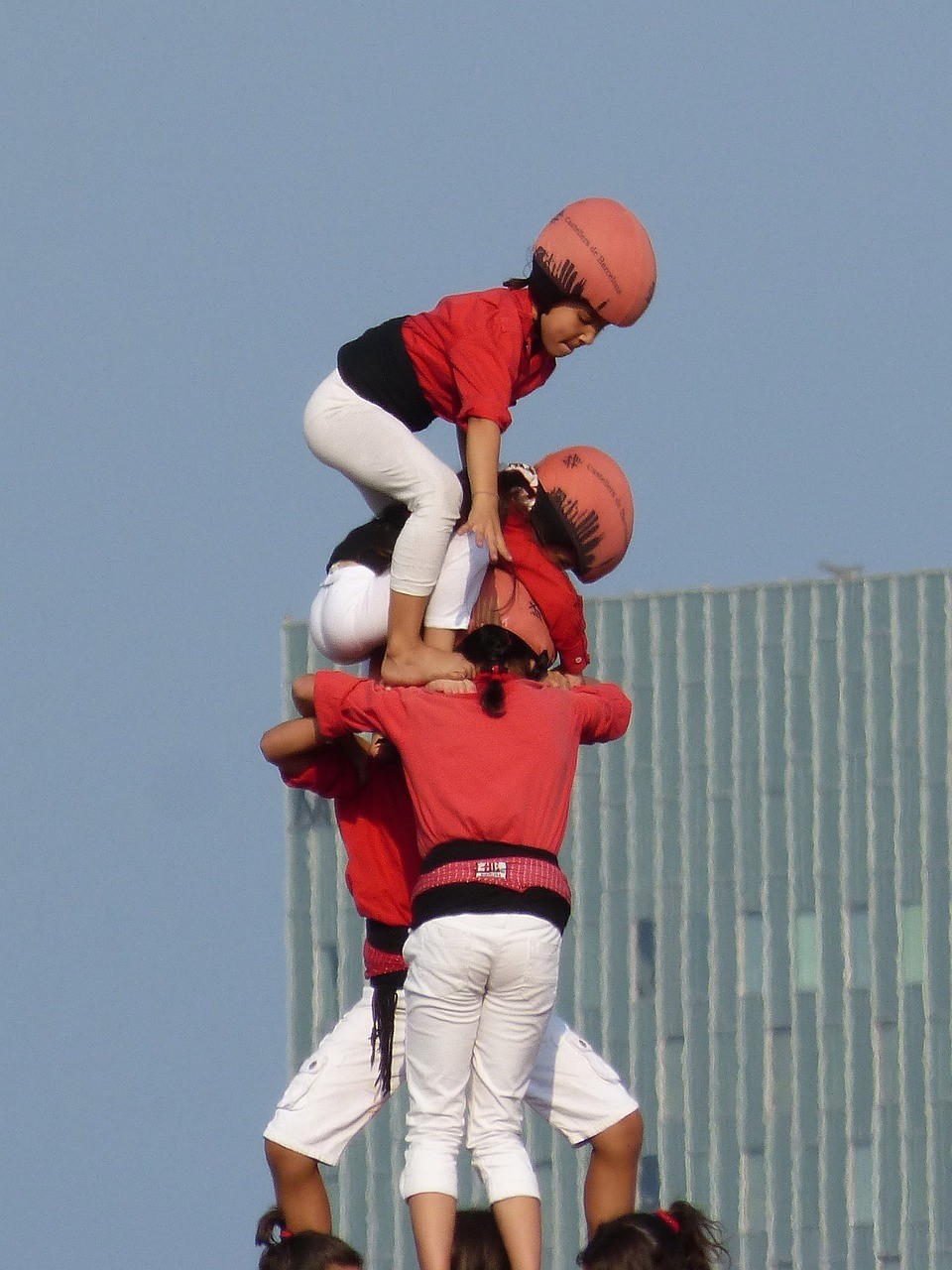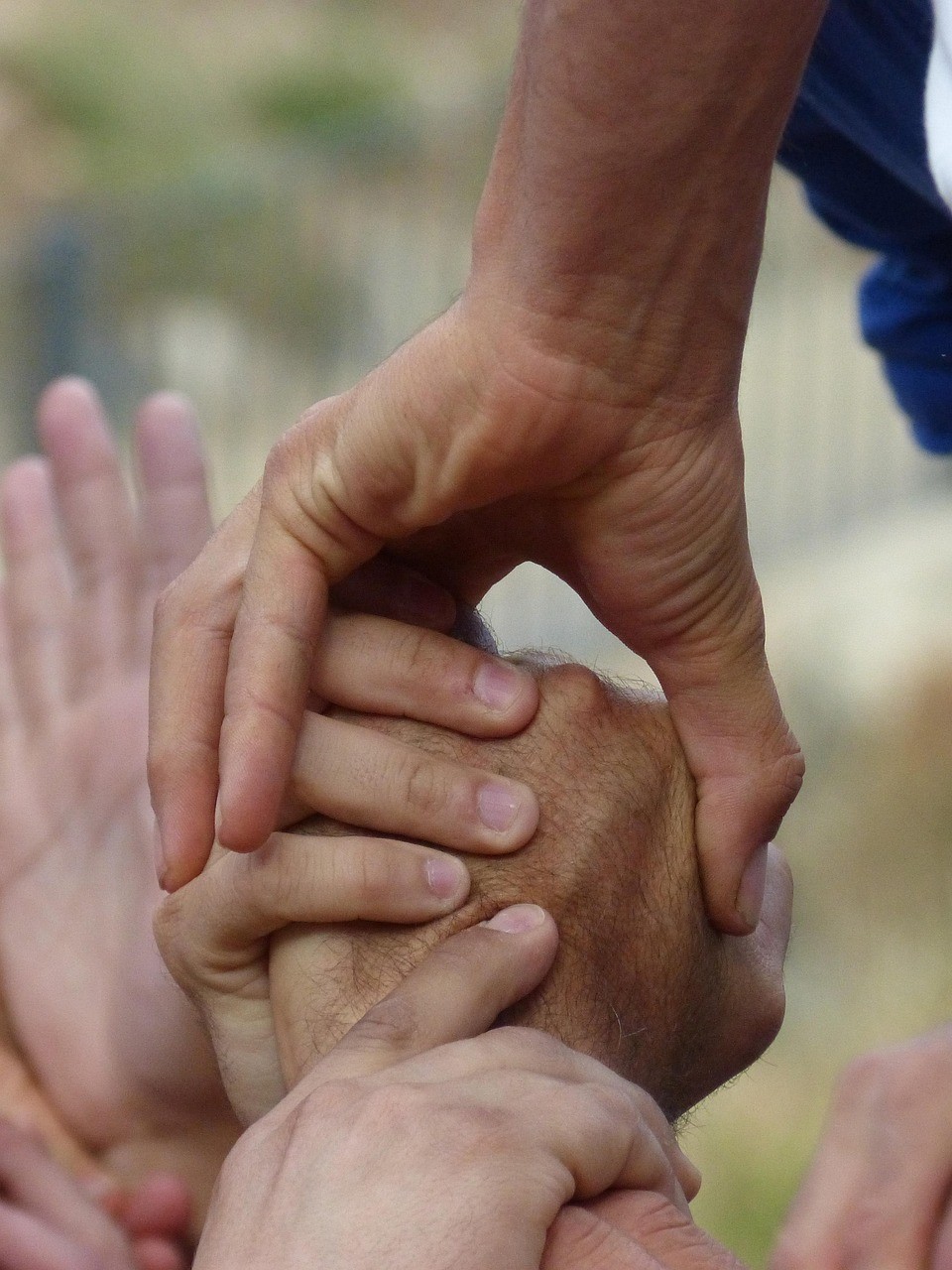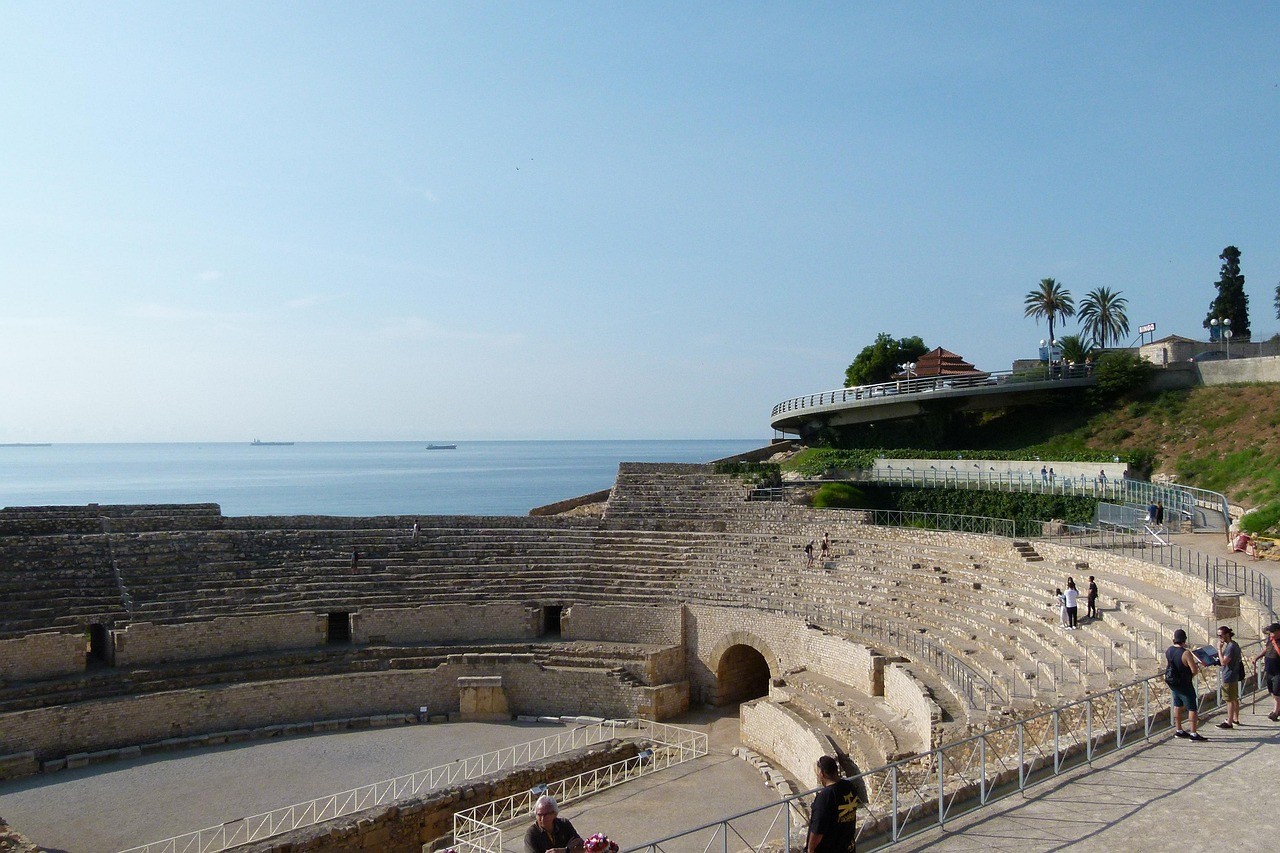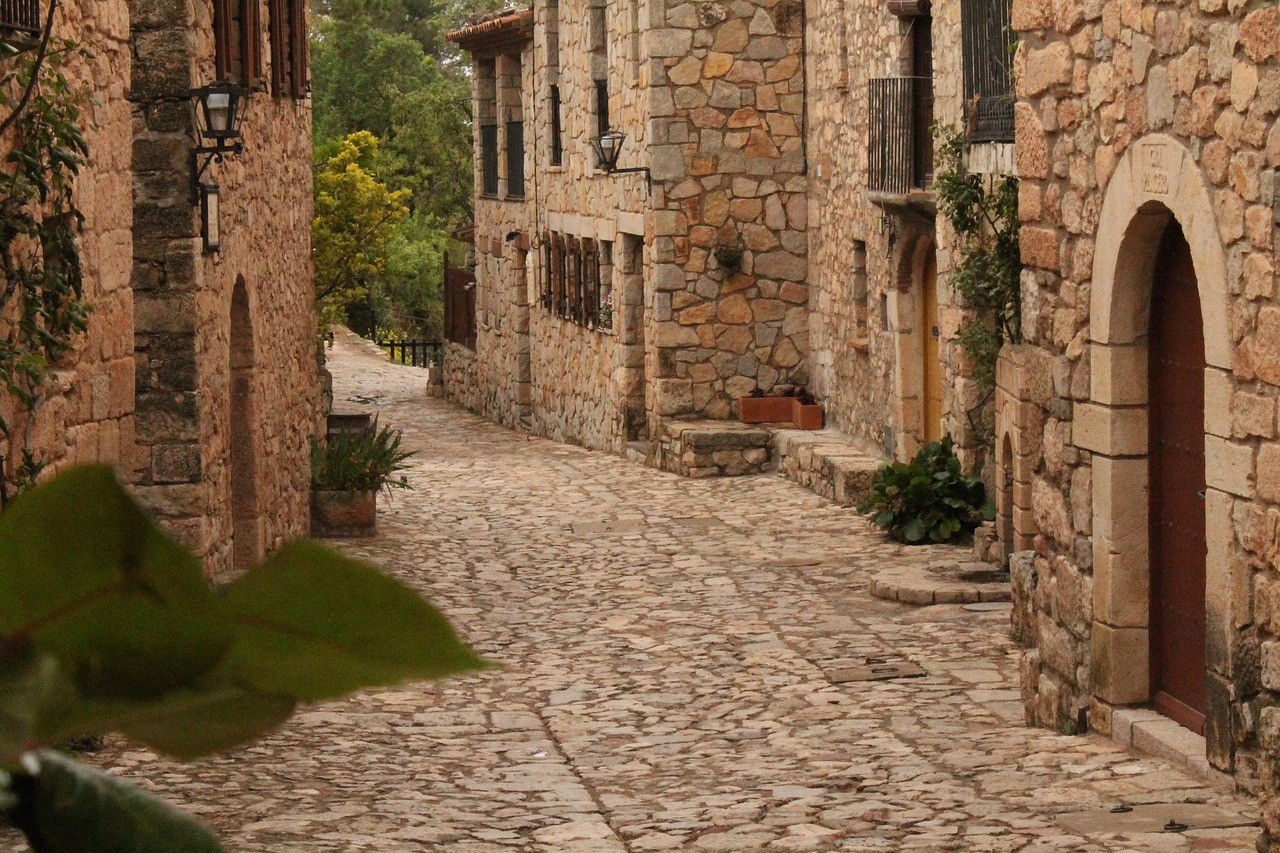I Was in Spain Right Before the Blackout
Spain has always had a way of pulling me into its rhythm—the sun-drenched streets, the effortless joy of its people, and the kind of energy that makes you want to stay outside forever. This Easter, I found myself there again, training and cheering on my husband and a friend at the Valencia 70.3 Ironman .
Following the good weather, we spent three days in Tarragona , soaking in its ancient amphitheater and the sea breeze, before heading to Valencia itself. But even before the blackout that plunged Spain and parts of Portugal into darkness, I noticed something: the Spanish know how to live unplugged .
Life Before the Lights Went Out
Everywhere I looked, people were embracing the simple joys of life—without screens, without distractions.
– Tarragona’s amphitheater was more than a historical site; it was a place where people gathered, walked, and absorbed the past.
– Impromptu open-air concerts popped up in plazas, with musicians playing for whoever happened to pass by.
– The Feria in Arles , packed with Spanish visitors, was a spectacle of tradition—bullfights in the Roman amphitheater, lively street performances, and the unmistakable energy of a festival that has been celebrated for generations.
– Outdoor paellas bubbled in massive pans—so big they could double as hot tubs—while families and friends gathered around, laughing and sharing stories.
– Public spaces were alive—people playing chess, training their dogs in agility parks, kicking a football around in a square, or simply sitting together, talking, without a single phone in sight.
It was a reminder that life doesn’t need to be mediated through a screen. And when the blackout hit, Spain proved it once again.
The Blackout and Spain’s Response
On April 28, Spain and Portugal were plunged into darkness due to a massive power outage. The cause? Still under investigation, but theories range from grid instability to atmospheric disturbances.
Yet, instead of panic, Spain adapted.
– People gathered in the streets , lighting candles and sharing food.
– Bars and restaurants kept serving, switching to gas stoves and candlelit dinners.
– Musicians played in the plazas , turning the blackout into an impromptu festival.
– Families sat together, talking, laughing, and embracing the moment.
It was as if Spain had been preparing for this all along.
A Reminder of What Matters
The blackout was more than just a technical failure—it was a wake-up call. We rely on modern conveniences, but when they disappear, what remains? Community. Connection. Adaptability.
Spain showed that life doesn’t stop when the lights go out. If anything, it shines even brighter.
What Is a Blackout?
A blackout is a sudden loss of electricity over a large area, often caused by grid failures, extreme weather, or technical malfunctions. In Spain’s case, the exact cause is still being investigated, but early reports suggest a massive oscillation in the electrical network.
Whatever the reason, one thing is clear: Spain didn’t just survive the blackout—it thrived through it.















